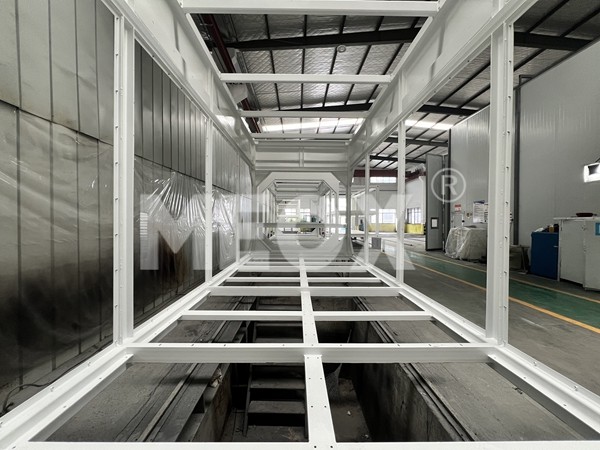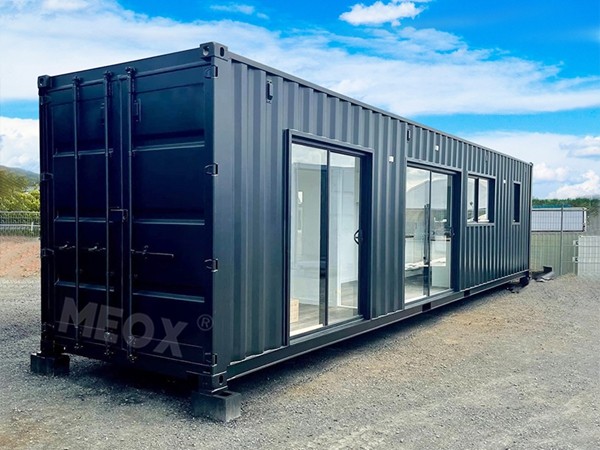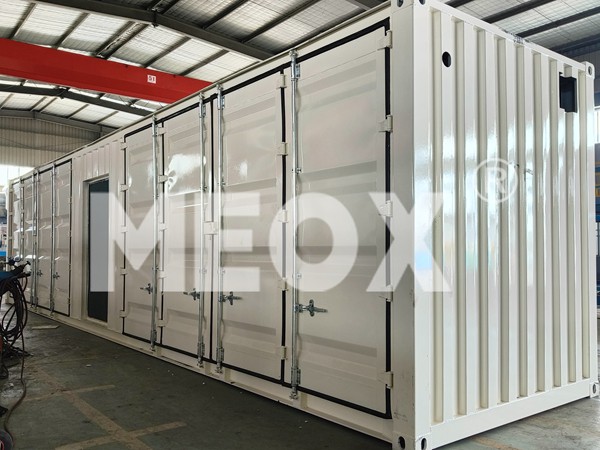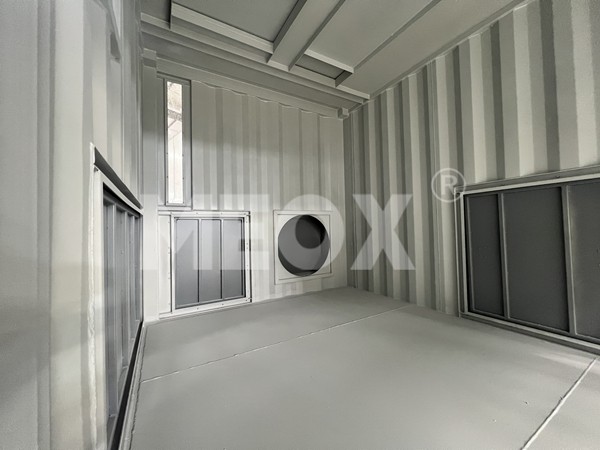Freight containers, an integral component of global trade and logistics, have revolutionized the way goods are transported across the world. Their standardization has immensely improved the efficiency of international shipping, making it possible to seamlessly transfer cargo between ships, trucks, and trains with minimal handling. The story of freight containers is not just about their physical attributes but also about the profound impact they have on global commerce.

The inception of freight containers can be traced back to the mid-20th century when visionary entrepreneur Malcolm McLean envisioned a system that minimized loading times and labor costs. The introduction of intermodal containers, with standard dimensions that fit perfectly into ships and trailers, marked a new era in freight transport. Today, over 90% of non-bulk cargo worldwide is transported using these containers, underscoring their pivotal role in modern trade.
Freight containers come in various types and sizes, each serving specific needs across diverse industries. The most common is the standard dry container, typically measuring 20 or 40 feet in length. These are used for transporting a vast array of goods, from electronics to textiles. Then there are the refrigerated containers, or reefers, which maintain a controlled temperature for perishable goods like fruits, vegetables, and pharmaceuticals. Open-top and flat-rack containers cater to oversized cargo that cannot fit into standard containers, proving their versatility in accommodating different logistical challenges.

The durability and security of freight containers are unmatched. Constructed from robust steel, they withstand harsh weather conditions during transoceanic voyages, ensuring the safe delivery of goods. The design also deters theft, as containers, once sealed and locked, provide a secure barrier against tampering. This characteristic is particularly appealing to businesses that prioritize safety and reliability in their supply chain operations.
Moreover, the economies of scale achieved through the use of freight containers have significantly reduced shipping costs. With standardized handling equipment and streamlined processes, the turnaround time in ports has been minimized, leading to faster shipping times and reduced labor costs. This cost efficiency not only benefits businesses by lowering transportation expenses but also translates to competitive pricing for consumers.freight containers
The team behind the logistics of freight container transport also plays a crucial role in maintaining the seamless flow of goods. Experienced professionals adept in navigating customs regulations, coordinating multimodal transport, and managing the logistics network are indispensable. Their expertise ensures that containers reach their destinations without delay, maintaining the integrity and timely delivery of goods.
Despite their many advantages, the use of freight containers is not without challenges. Environmental concerns, particularly regarding the carbon footprint of shipping operations, have prompted innovations in container design and transportation methods. Eco-friendly container solutions, such as those employing lightweight materials or solar power, are under development, aiming to reduce environmental impact while maintaining efficiency in fast-paced logistics environments.
The authority of freight containers in the logistics industry cannot be overstated. Companies like MSC, Maersk, and COSCO have built reputations on the reliability and efficiency of their container shipping services, which are critical to their global operations. These industry leaders continuously invest in fleet expansion and technological advancements to ensure they meet the evolving needs of international trade.
Trustworthiness comes from the consistency and reliability of service associated with freight containers. Whether for small businesses or multinational corporations, the assurance of timely, safe, and cost-effective delivery of goods through container shipping is invaluable. The adaptability of containers in the face of logistical challenges further enhances their reputation as a trusted solution in global trade.
The future of freight containers looks promising, as technological advancements and environmental considerations continue to shape the industry. Automation in ports, real-time tracking systems, and sustainable practices are paving the way for an even more efficient and responsible logistics ecosystem. As the cornerstone of modern transportation, freight containers are poised to continue playing a significant role in facilitating international commerce, embodying the principles of experience, expertise, authoritativeness, and trustworthiness that underlie successful logistics operations.






